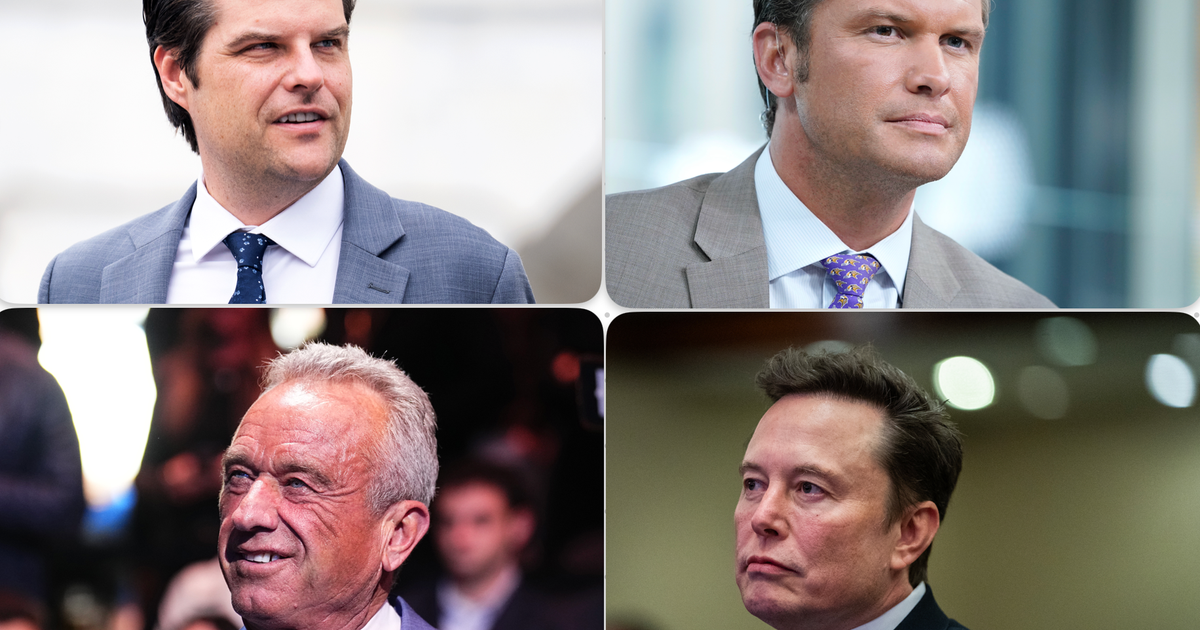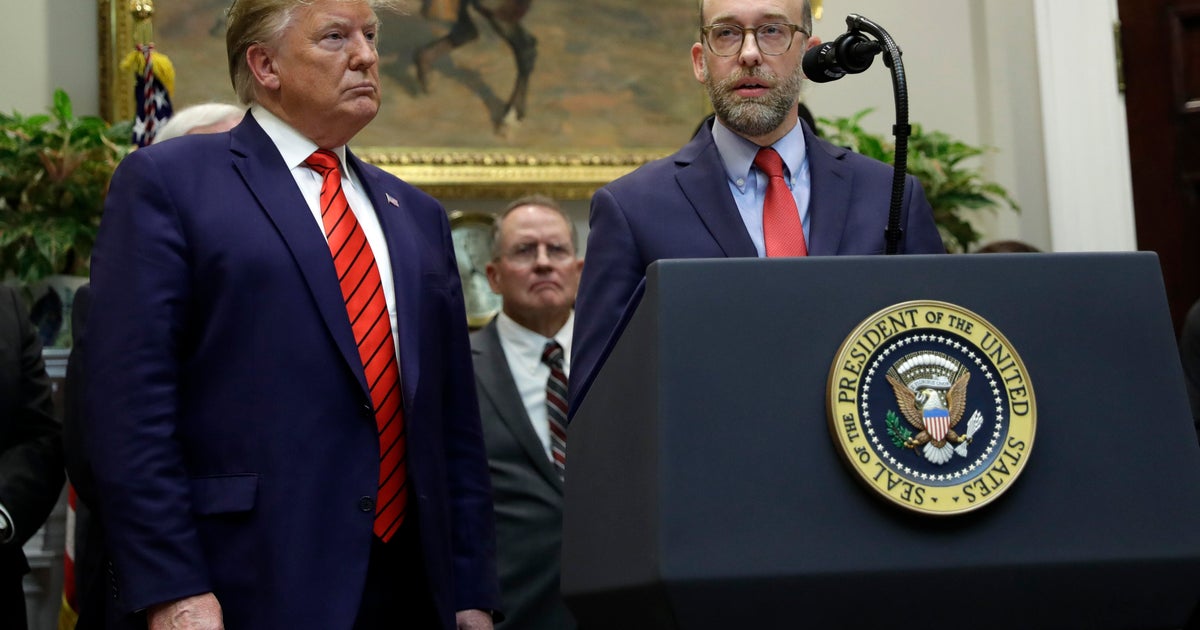Trump acknowledges Russian meddling in tweet criticizing Obama
President Trump appeared to acknowledge Russian involvement in the 2016 campaign while criticizing the Obama administration's response to a Russian interference campaign he has repeatedly denied took place.
In a tweet Friday night, Mr. Trump wrote that President Obama "knew far in advance of November 8th about election meddling by Russia" and "did nothing about it."
Later in the day, after spending a few hours at his golf club in Sterling, Virginia, Mr. Trump reiterated that sentiment.
The tweets came after Mr. Trump expressed similar criticism of his predecessor in an interview with Fox News.
"I just heard today for the first time that Obama knew about Russia a long time before the election, and he did nothing about it," Mr. Trump said in an excerpt of the interview, airing in full on Sunday. "But nobody wants to talk about that."
The comments marked a rare admission by Mr. Trump, who has repeatedly declined to say definitively that Russia interfered in the 2016 campaign. Asked on Friday whether Mr. Trump believes the Russians interfered in the election, White House press secretary Sean Spicer referred reporters to a January press conference in which Mr. Trump said "I think it was Russia" when asked about hacking.
Congressional investigators and special counsel Robert Mueller are investigating possible collusion between Russia and Trump campaign officials, inquiries the president has called a "total scam," a "witch hunt" and a "hoax."
The Washington Post reported in early December that the CIA had concluded that Russia's efforts were intended to boost Mr. Trump.
On Friday, the Post reported the CIA arrived at that conclusion in August 2016 and presented its findings to Mr. Obama and a handful of senior aides. The agency determined Russian President Vladimir Putin had personally directed Russian intelligence to "defeat or at least damage" Democratic nominee Hillary Clinton, the Post said. However, Mr. Obama was wary of publicly accusing Russia of aiding Mr. Trump, fearing such an accusation would be seen as the White House trying to bolster Clinton's chances.
The Post also revealed new details about the Obama administration's response to the Russian interference campaign prior to the election. Following the CIA's August report, Mr. Obama authorized "planting cyber weapons in Russia's infrastructure, the digital equivalent of bombs that could be detonated if the United States found itself in an escalating exchange with Moscow," the Post reported.
Administration officials briefed top members of Congress of both parties about Russia's actions in the weeks leading up to the election. Republican leaders, including Senate Majority Leader Mitch McConnell, questioned the underlying intelligence and warned against accusing the Russian government of aiding Mr. Trump in the weeks leading up to Election Day.
Top intelligence chiefs released a statement in October 2016 publicly blaming Russia for an array of cyber attacks, including the release of stolen emails from the Democratic National Committee in July. The statement asserted the U.S. intelligence community's assessment that the efforts were "intended to interfere with the U.S. election process," but stopped short of accusing the Russians of trying to help Mr. Trump win the election.
The U.S. did not publicly accuse Russia of trying to aid Mr. Trump until January 2017, when U.S. intelligence agencies released a declassified assessment on the Russian interference campaign.
Before taking office in January, Mr. Trump received a classified briefing on the assessment from then-Director of National Intelligence James Clapper, CIA Director John Brennan, FBI Director James Comey and National Security Agency Director Adm. Mike Rogers. The briefing included classified details of Russian efforts to harm the Clinton campaign and bolster Mr. Trump.
Following that briefing, Mr. Trump said Russia's efforts had "absolutely no effect on the outcome of the election." Current and former officials have repeatedly said the U.S. has no evidence of voting machines being compromised or tallies being altered.



